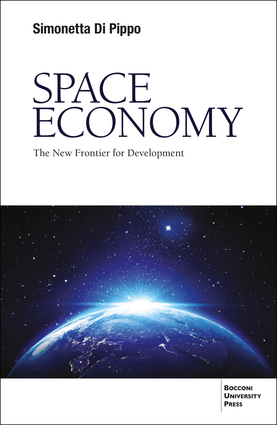Overview
According to the OECD definition, the space economy is the set of activities and use of space resources that create value and benefits for humanity through the exploration, understanding, management, and use of space. The space economy goes far beyond the space sector in a narrow sense, because it extends to the increasingly pervasive and changing impacts of products, services, and knowledge derived from space. Based on the most recent estimates, the space economy globally is now worth $469 billion dollars, with double-digit percentage growth forecast for the next decades. But what is most important is that the space economy will provide opportunities for growth for less developed countries as well, contributing to the achievement of the sustainable development goals. These considerations are the starting point for the fascinating journey that fills the pages of this book: space exploration and tourism, asteroid economics, new "Made in Space" products but also space debris wandering in the traffic of increasingly congested orbits. The future is indeed just around the corner: We need to prepare ourselves by equipping our human capital with all the necessary knowledge.Author Biography
Simonetta Di Pippo is is an Italian astrophysicist and Professor of Practice of Space Economy - Director SEElab at SDA Bocconi School of Management. She was the Director of the United Nations Office for Outer Space Affairs(UNOOSA). She is an Academician of IAA and a member of the World Economic Forum Global Future Council on space technology since 2016.

